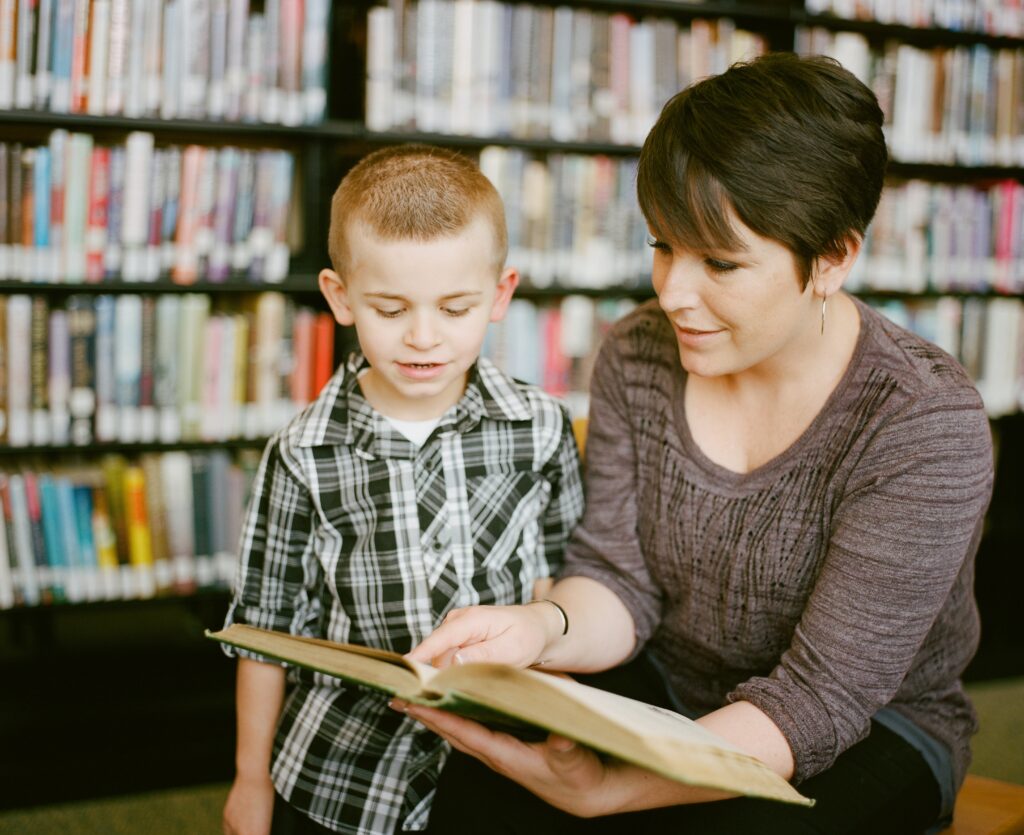I saw this recent post in one of the Facebook Christian parenting groups I’m a part of:
Why can’t kids have just plain innocent park time anymore? My mother in law took my 11 year old and 3 year old to the park. Apparently my daughter met a 10 year old there and this girl proceeded to tell my daughter she hates Christians… because she is bisexual and pansexual and that her mom is a Christian and is against that… but her mom doesn’t know. Seriously, this is what our kids are learning in public schools. Not only are they learning this but they are being told not to discuss this with their family.My kids are homeschooled and my daughter didn’t know those terms but does now because a 10 YEAR OLD , told her. I guess I am going to have to be present at all park plays now”

Proactive Tip #1: Start the conversation.
It always strikes me in Proverbs that the parents typically begin sexual ed conversations with their children (see, for example, Proverbs 5, Proverbs 7, and Proverbs 31:2-3). These take place in the form of warnings, stories, and vivid descriptions.
My parents also followed this example of bringing up conversations relating to sexual matters when we were young children, and also throughout our teenage years. They weren’t all somber and warning us of dire consequences if we didn’t follow their advice! Many times, they were very open and transparent with us about the pleasures and joys awaiting us once we were married. (Ha!)
If we had questions that came up naturally during the conversations, it was always a safe space for us to ask. No question was ever considered “off-limits” within our family.
Proactive Tip #2: Be open about your biases.
We need to recognize that we are approaching sexual education from a distinctly Christian viewpoint, and communicate that to our children. I find myself more and more using the contextual phrase: “As a Christian, I believe the Bible says…” to my children as they grow older. I’ve already established to them that I view the Bible as the inspired, infallible Word of God, so that means I will obey Biblical teaching and instruction ahead of anything that other people may say or think.
However, my children also know that other people may not be Christians and may not view the Bible as inspired or infallible. It follows naturally, then, that these people will come to different conclusions about sex and the purpose of sex from what the Bible says. And they also know that we don’t expect them to believe, or act, in the same way that we would – since we believe totally different things.

Great tips here, Shanxi! I like the approach of open communication, even though it can feel a bit uncomfortable for both sides, mostly to begin with. When we make that a regular conversation, it gets to be easier though. I also like have books for my boys to get appropriate information from. We use these books to spark up conversations together, but I also like that they can have this resource available to them to look through on their own.
Thanks so much, Stephanie! Yes, I agree that having books can help make these conversation-starters easier to happen. It may feel overwhelming, sometimes, to think about discussing these issues on the fly. Having even an outline or some sort of structure of themes/topics to discuss can help.